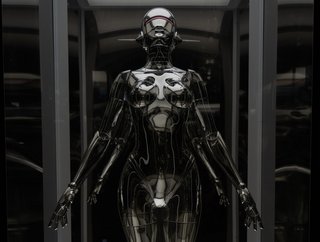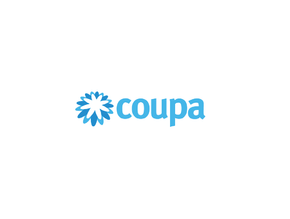If AI is an ESG issue, will Procurement have to create it?

According to Dr. Cristina Stanca-Mustea, Customer Operations Manager at Scoutbee, "Procurement professionals are well versed in assessing and addressing different types of challenges and risks.
"However, the war in Ukraine, for instance, as well as the responses to it, needed a thorough reevaluation of where each company stands, not as a business actor in its industry, but as a factor in supporting democracy and freedom."
She thinks, in-line with procurement magazine, that "such moral imperatives will become more commonplace for procurement professionals."
Artificial Intelligence, as becoming progressively central to the procurement function, and inevitably to be almost entirely handed over to its operations, requires human intelligence, to define its parameters. It cannot be overstated how critical this project is.
As Stanca-Mustea expresses, moral imperatives will increasingly and unavoidably fall at the feet of procurement, and the AI that's used in making decisions, will define the outcome and determine the future of the world that we live in.

A recent article on brinknews looked into "a growing community of AI ethicists [...] helping companies to develop codes of conduct on the use of AI in their business operations."
Taken from an interview with Charles Radclyffe, the CEO of EthicsGrade Limited, an AI governance-focused ESG ratings agency, the article looked at "why AI should be treated as an ESG issue."
AI as an Environmental, Social (and Corporate) Governance issue, as per Radclyffe, places it firmly within the framework that Stanca-Mustea located it in: as related to fundamentally ethical issues.
In the interview, Radclyffe was asked: "in order to be able to implement an ethical code of conduct, do you need to understand the technology itself? Might that become increasingly difficult to do?"
His answer? - "One of the interesting things about the draft EU regulations on AI is that they make an attempt to define AI, but in very, very broad terms. That was deeply unsatisfactory to most members of the technical community because it was so broad and so vague.
"The European Commissioners are insisting that AI systems in the EU are developed with two things in place: firstly, a risk management process; so an organisation needs to understand whether the use of AI in its own domain is high risk or otherwise. And if it is high risk, then it needs to be a minimum standard of conformity to what the EU defines in its call for quality management.
"A company", he says, "has to put those quality management controls in place not only around its own technologies, but also build that into its supplier relationships and procurements. And that’s something which we haven’t really seen around the use of technology up until now."
Procurement, now deeply embedded in steering the organisational craft of ESG, will both rely on, (as it increasingly does) the AI that plays a very large role in procurement operations and processes, and will, it follows, need to play an increasingly active role in defining the parameters of AI. This stands to reason.
Perhaps in the same way that we have seen a greater convergence between procurement and finance in Procure-2-Pay for example (as a logical consequence), or directly, in procurement and ESG considerations (so much so that a lot of the time ESG falls almost entirely under procurement's remit), we may be about to see procurement play a much more central role in determining the parameters of AI itself.
- General Mills: Transforming Supply Chain Management Using AISupply Chain Management
- How Google Cloud is Enhancing The Home Depot's Supply ChainTechnology & AI
- Coupa Inspire Las Vegas: AI is the Future of S2P SolutionsTechnology & AI
- Coupa Survey: How AI is Driving Procurement GrowthTechnology & AI






